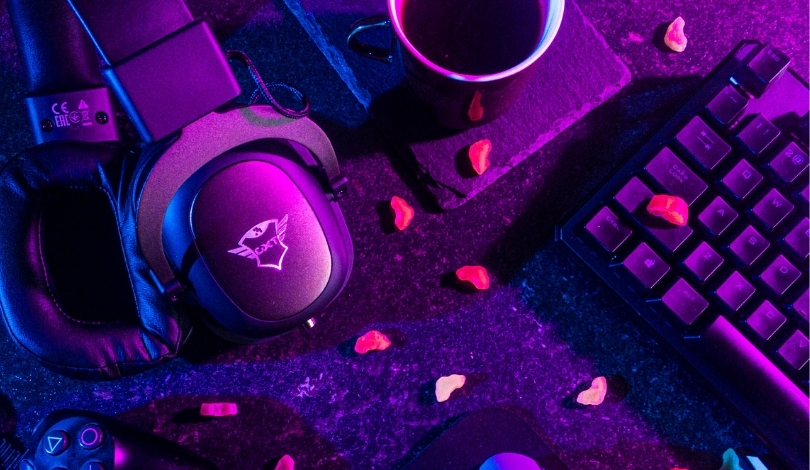Facing ongoing speculation in the gaming sector, Microsoft has clarified its stance on maintaining a presence in the console hardware market. Questions have circulated following slow sales of the Xbox Series X and Series S, coupled with the emergence of devices such as the Xbox ROG Ally that blur the line between traditional consoles and gaming PCs. As cloud gaming draws growing attention, fans and industry observers seek clarity on Microsoft’s plans for future Xbox products. This recent statement marks another attempt by the company to address uncertainties and reinforce its strategy, even as related brands and partners await direction.
Concerns about Xbox’s hardware direction are not new, often resurfacing every time Microsoft launches new cross-platform initiatives or shifts its marketing language. Some earlier news pieces speculated that the company might drop hardware altogether in favor of a streaming-first approach or focus exclusively on Windows-based gaming devices. However, while cloud gaming has expanded, Microsoft continues to refresh and develop its hardware portfolio, recently announcing a collaboration with AMD for next-generation Xbox devices. Compared with these prior reports, the present statement seeks to dispel growing anxieties following recent studio closures and Game Pass changes.
What Does Microsoft’s Statement on Xbox Hardware Mean?
Microsoft has addressed rumors about scrapping its hardware plans by underscoring ongoing investment in its console and device lineup. The company stated,
“We are actively investing in our future first-party consoles and devices designed, engineered and built by Xbox.”
This declaration follows reports from anonymous insiders and digital commentators raising doubts about the future of dedicated Xbox hardware, particularly given Microsoft’s simultaneous focus on services and alternate hardware concepts.
Are Traditional Consoles Being Replaced by New Device Types?
While Microsoft has expanded its device ecosystem to include products like the Xbox ROG Ally, it maintains that new consoles remain in development. The line between consoles and gaming PCs is becoming less distinct as devices running Microsoft software adopt more PC-like architectures. Digital analysts have questioned whether future Xbox-branded systems might be living room PCs rather than traditional set-top consoles, especially as the company pursues day-one PC releases and multiplatform strategies. Despite past cancellations of projects such as a first-party handheld or a standalone cloud console, no official withdrawal from hardware has been announced.
How Do Broader Xbox Strategies Influence Consumer Trust?
Recent business decisions—ranging from increased Game Pass pricing to high-profile studio shutdowns—have dampened consumer confidence. The industry’s reliance on Xbox’s stability puts pressure on Microsoft to clarify its hardware intentions. In a further bid for stability, the company referenced its partnership with AMD on future hardware, stating,
“For more details, the community can revisit our agreement announcement with AMD.”
These moves are framed as efforts to maintain support for a variety of gaming studios and player communities tied to the Xbox ecosystem.
Given the recurring uncertainties about the future direction of Xbox hardware, cautious optimism appears warranted for observers and stakeholders. Microsoft’s declarations indicate that, despite falling sales and shifts towards cloud and multiplatform frameworks, traditional and novel Xbox hardware development is ongoing. For those interested in the technical makeup of next-generation consoles, tracking Microsoft’s partnership with AMD could provide early signals about performance and compatibility. As the gaming market continuously adapts to new technologies and consumer behaviors, companies such as Microsoft are weighing business imperatives against longstanding user expectations. Staying informed on official statements and market moves is essential for anyone following the future of console gaming.










